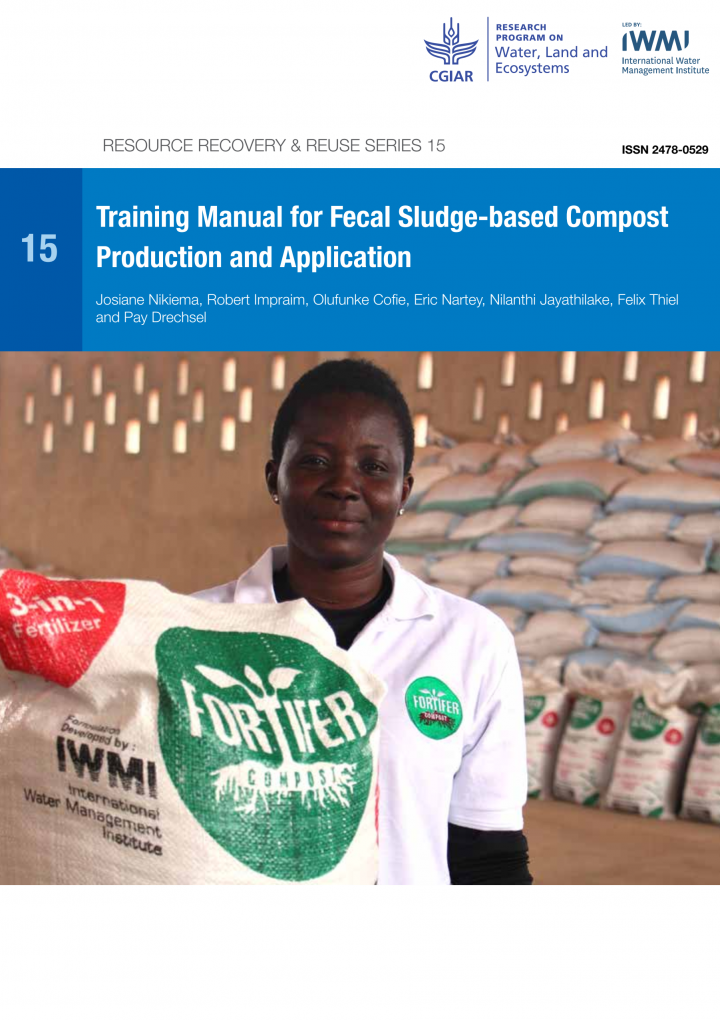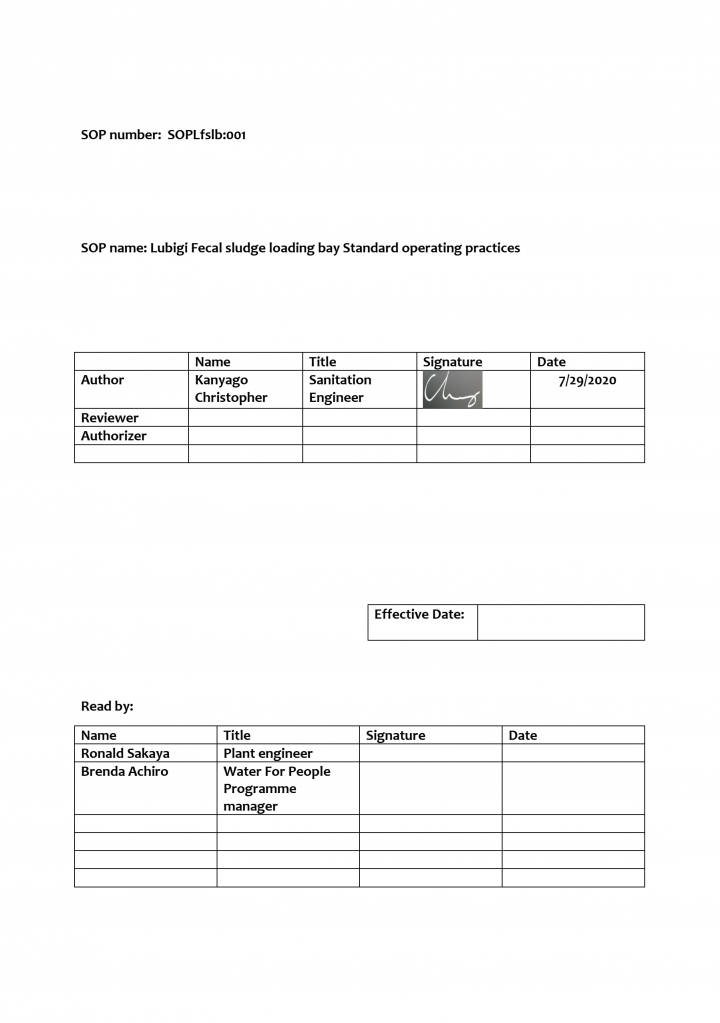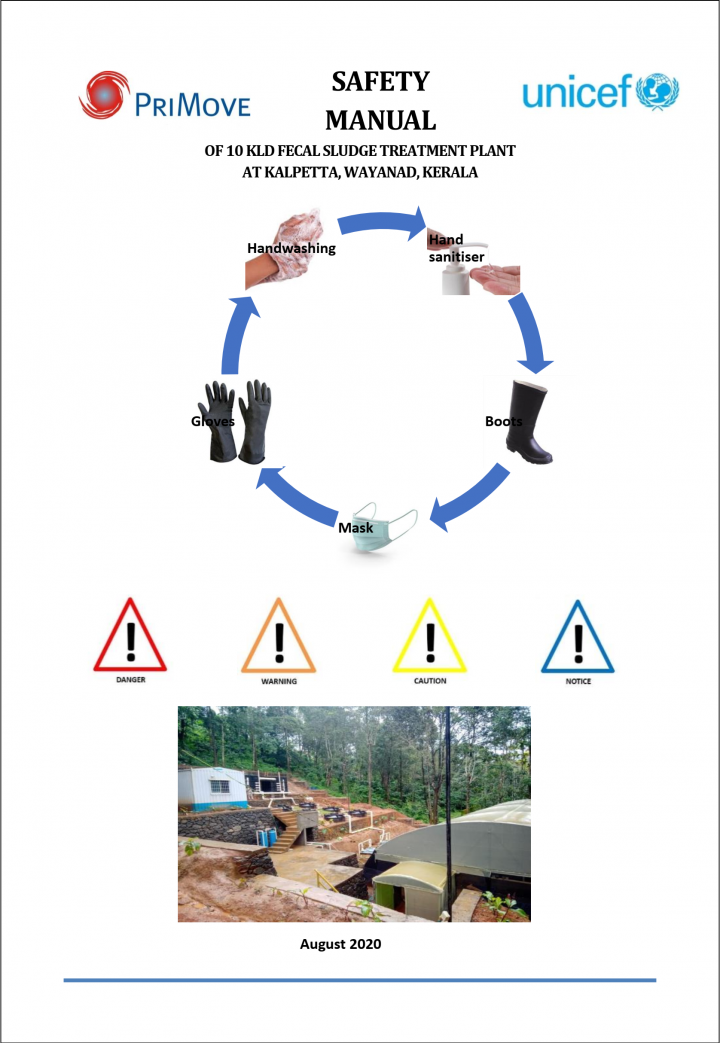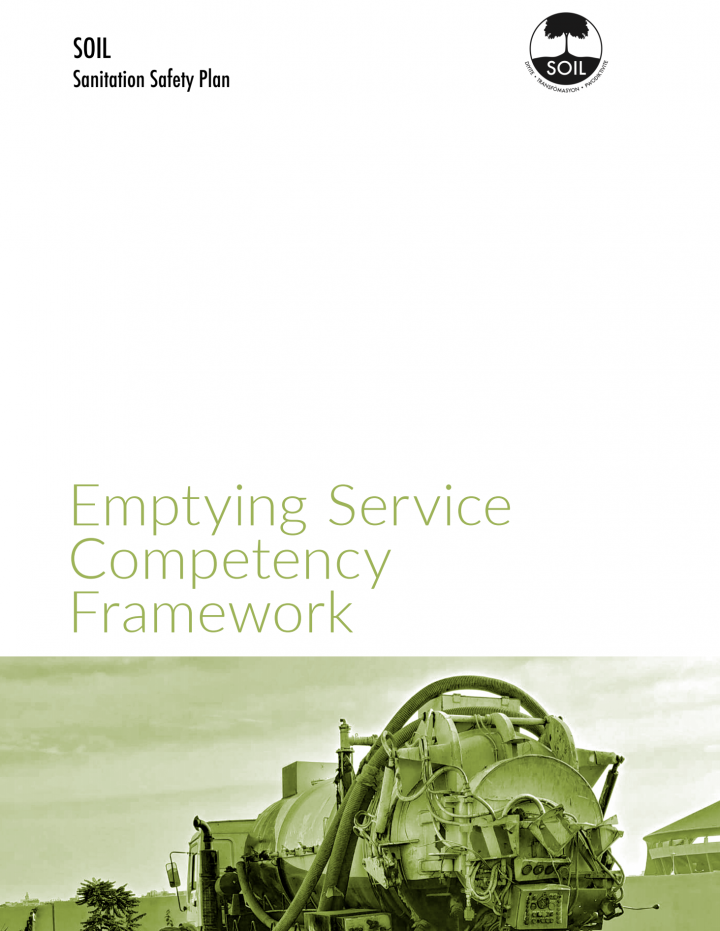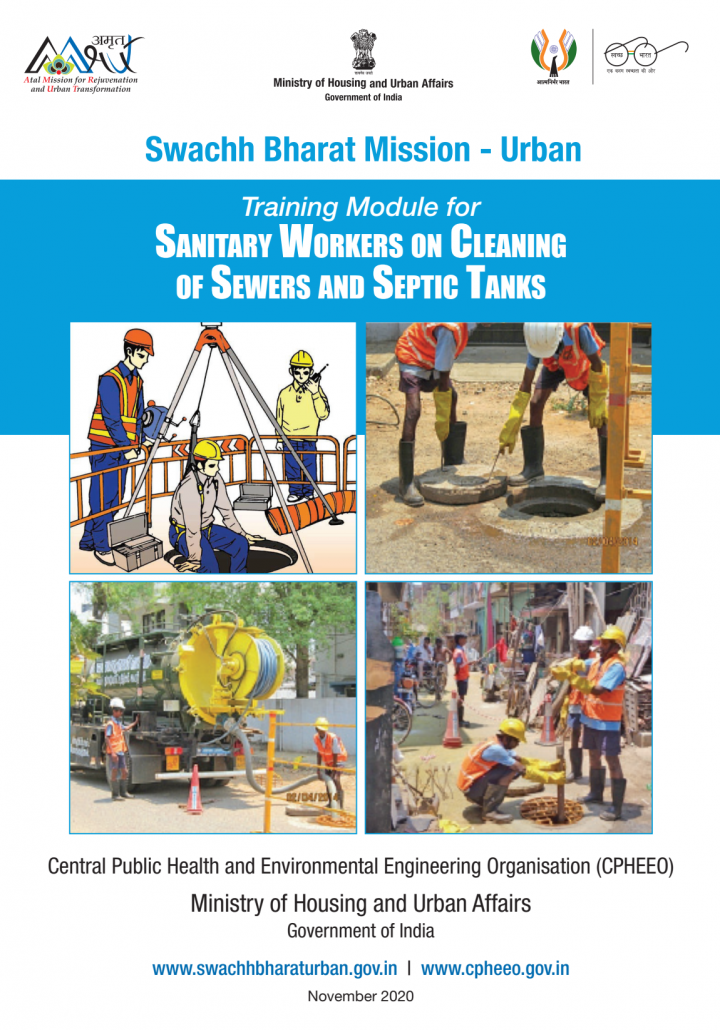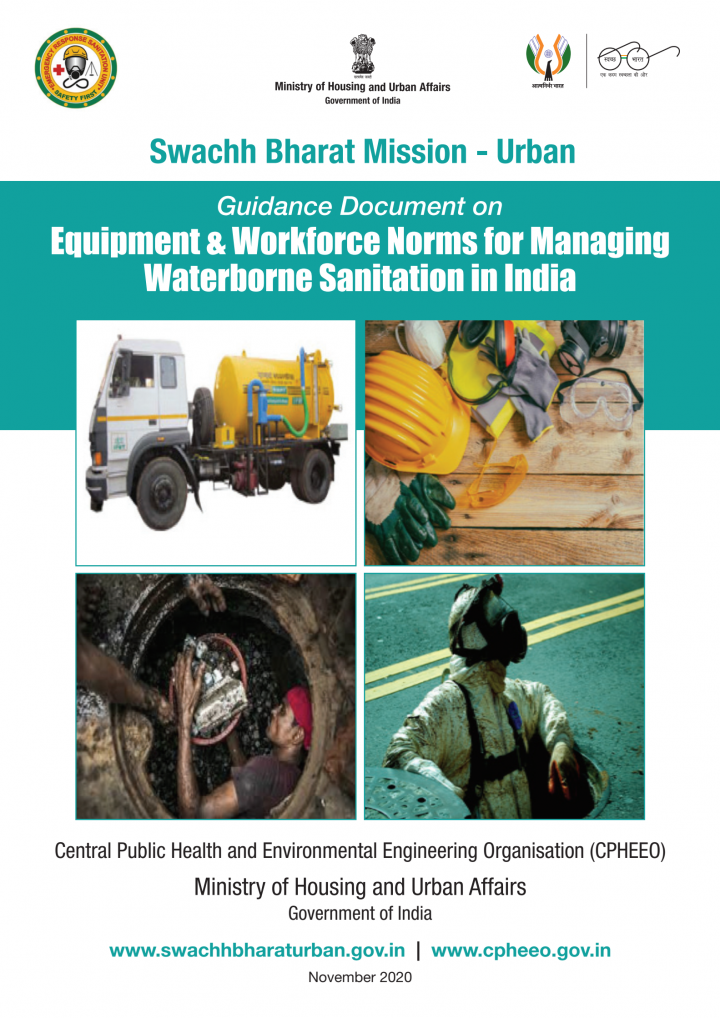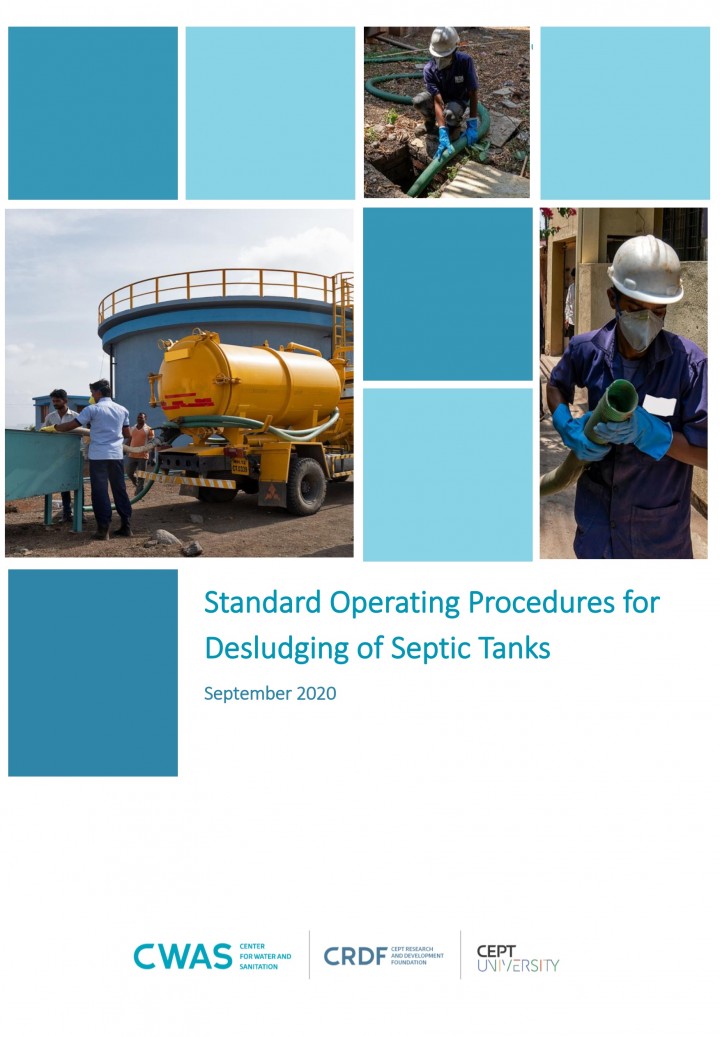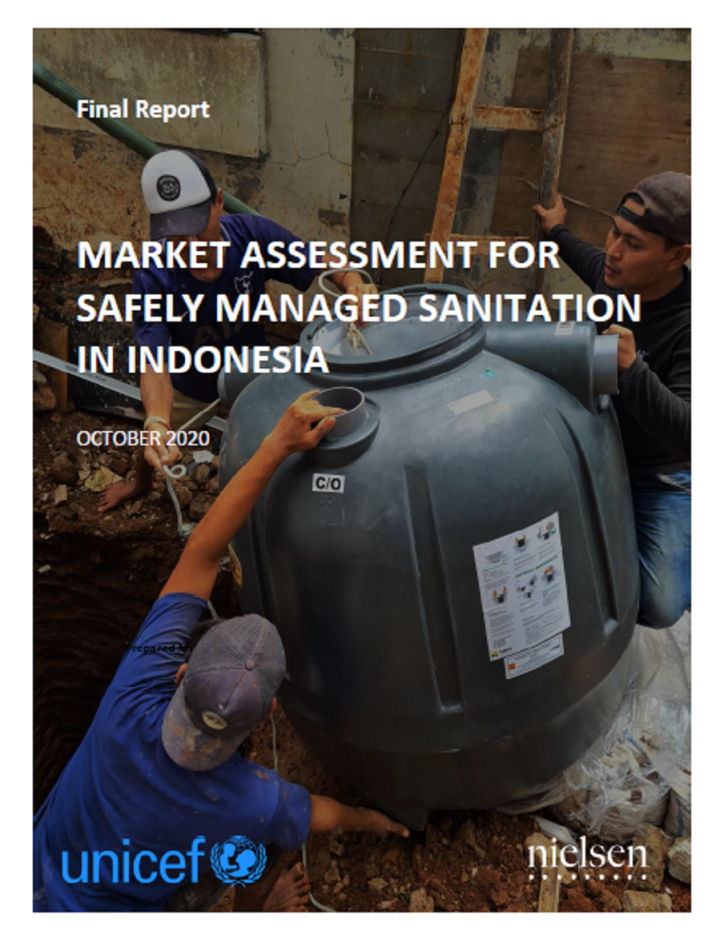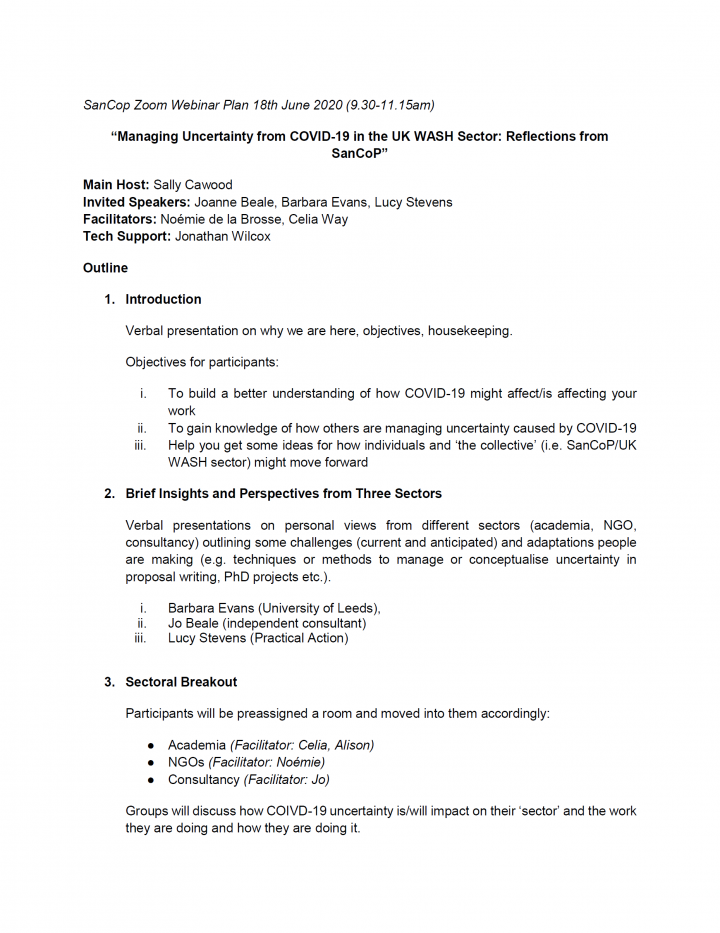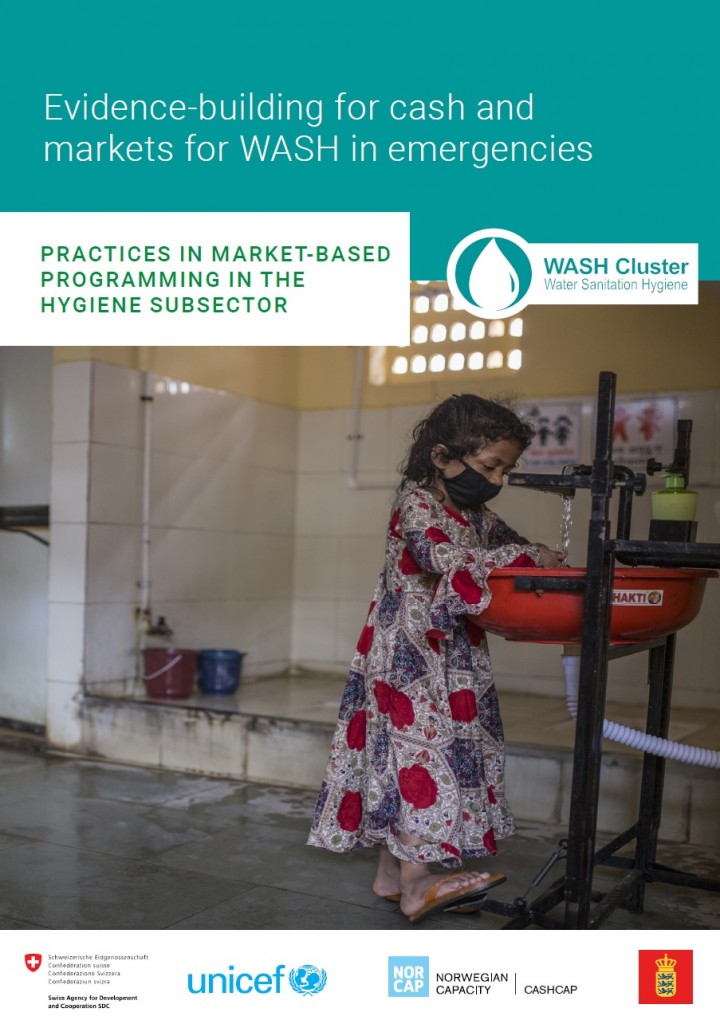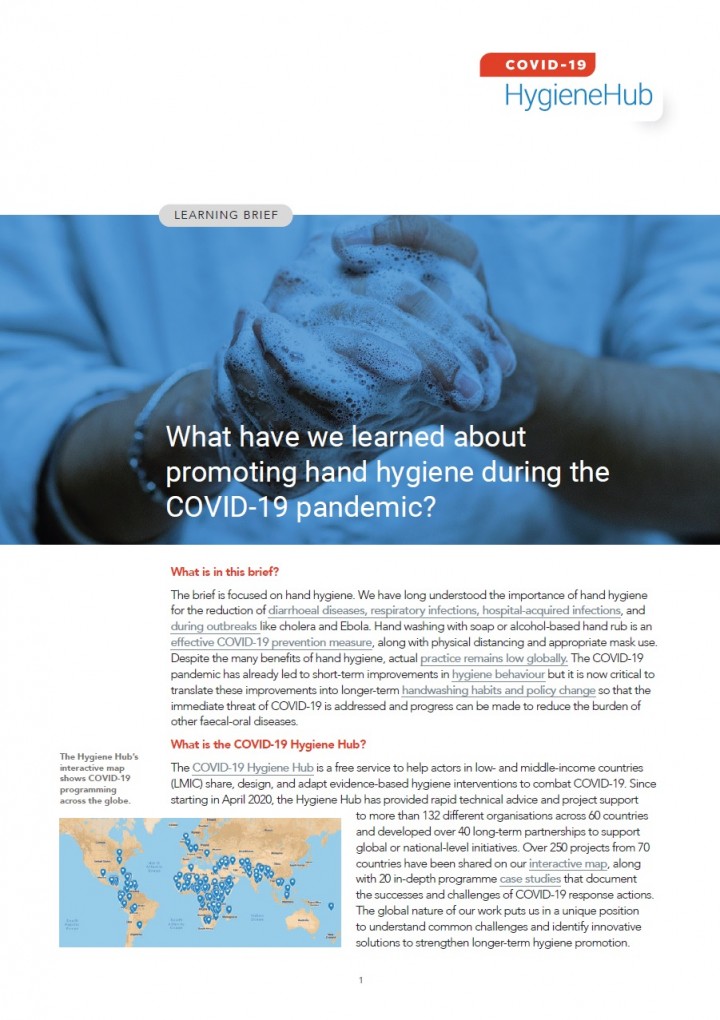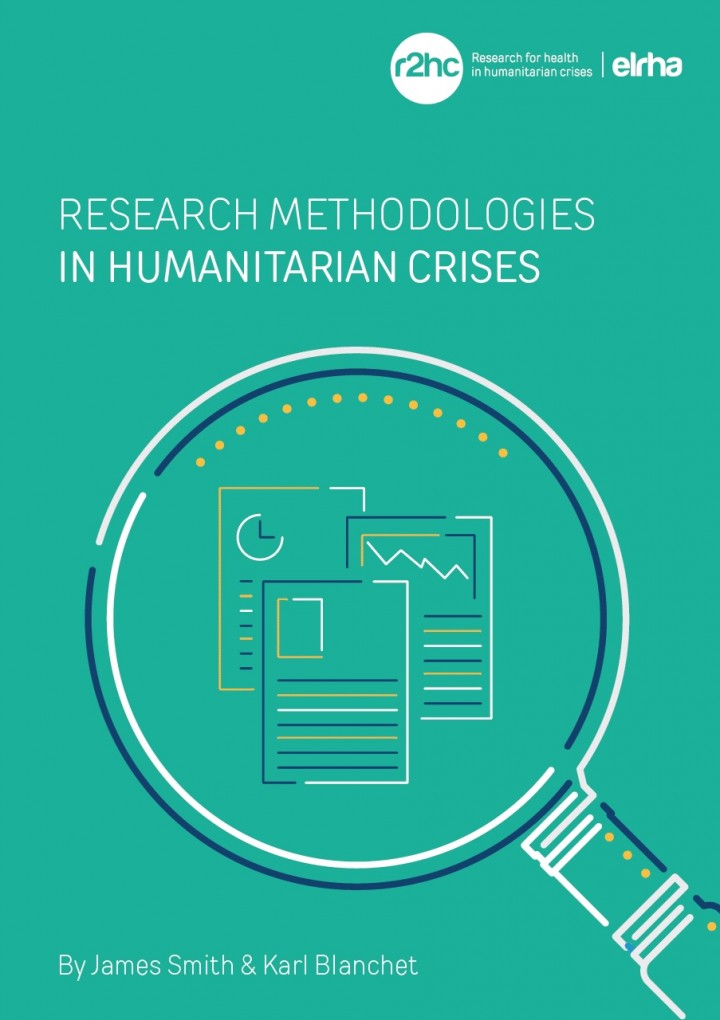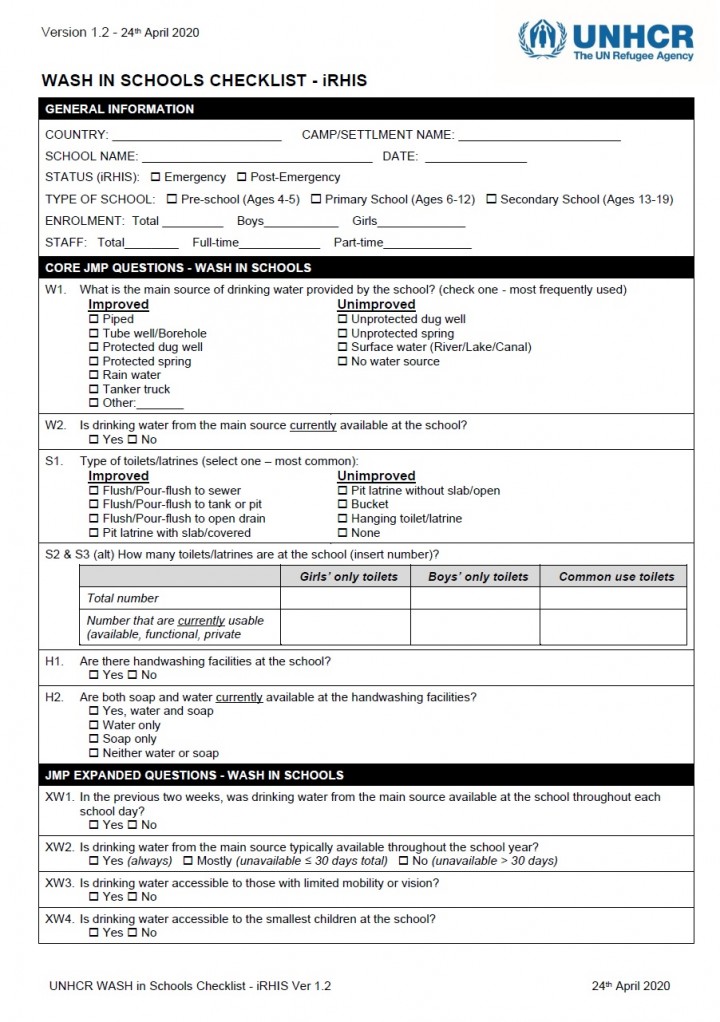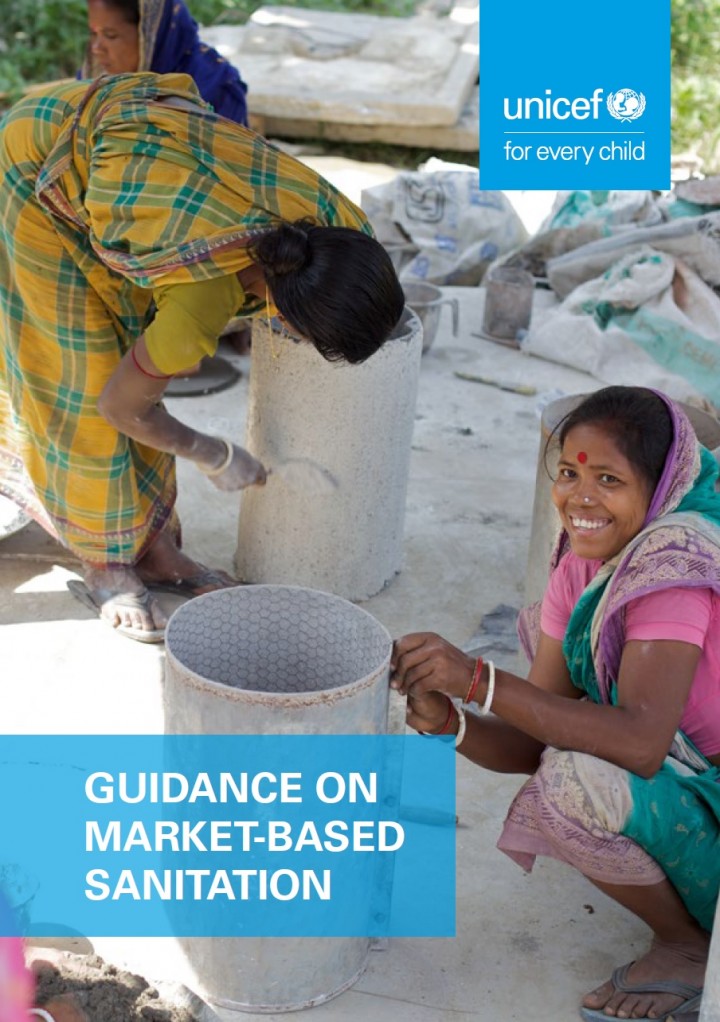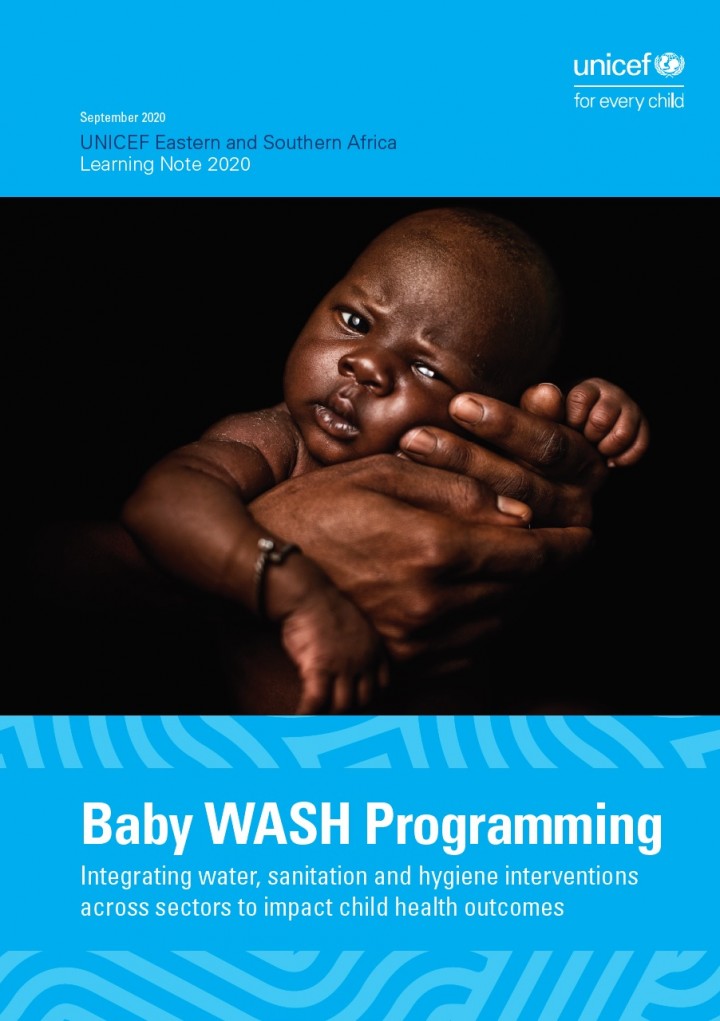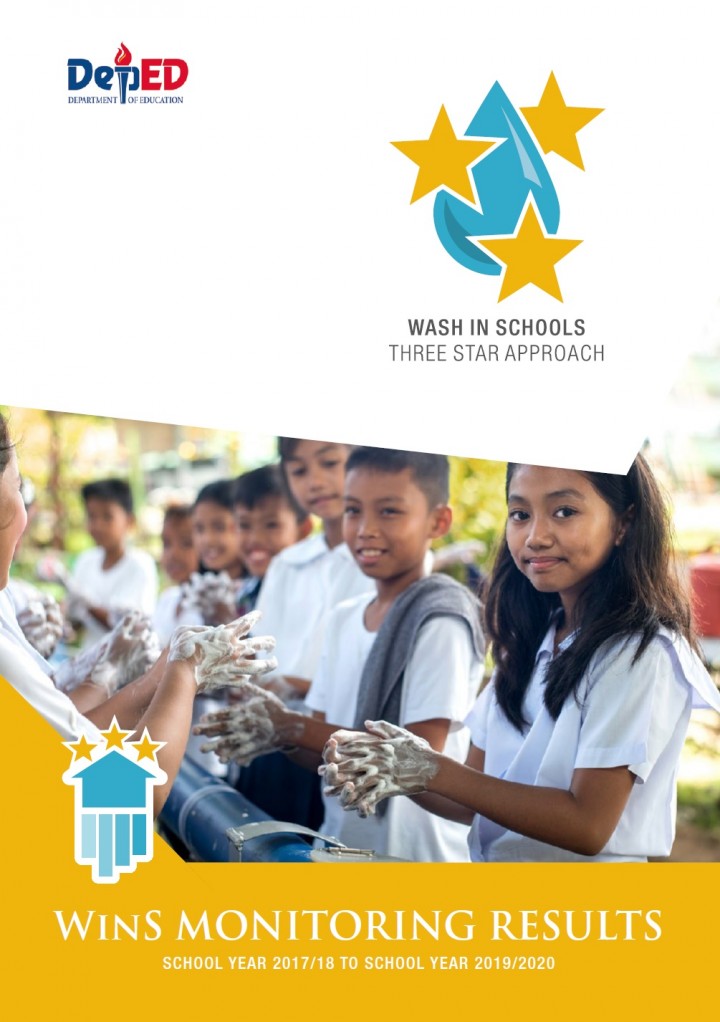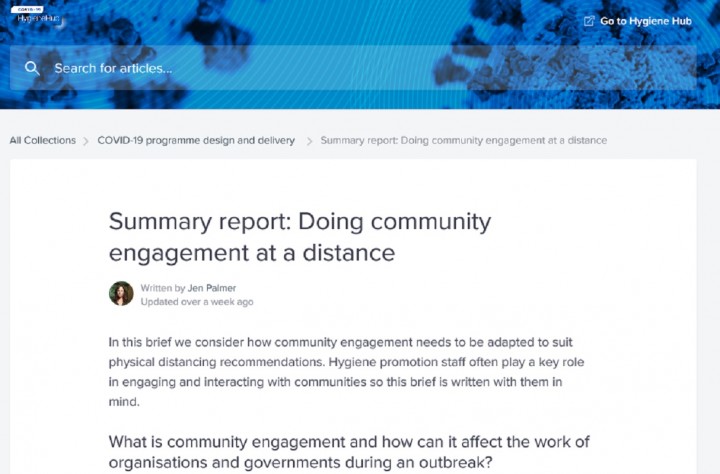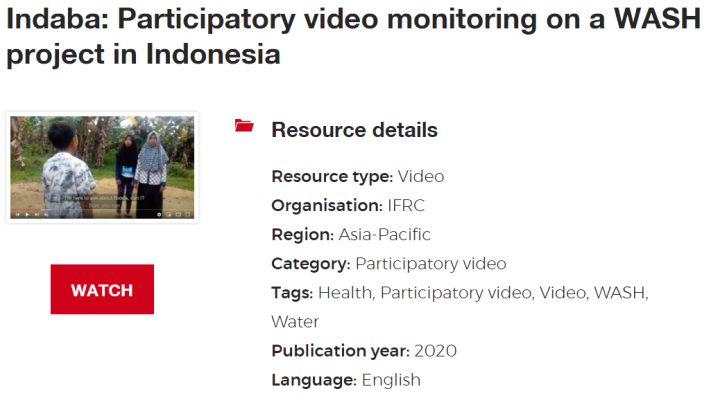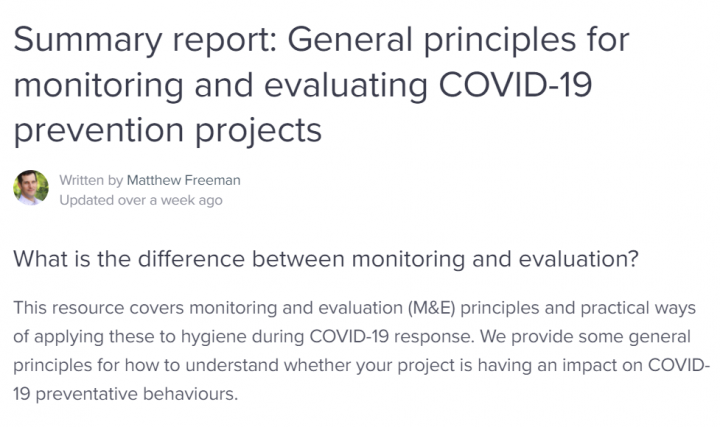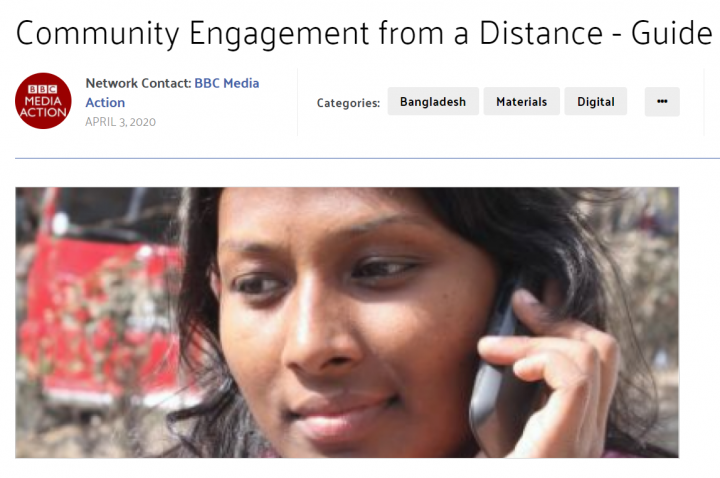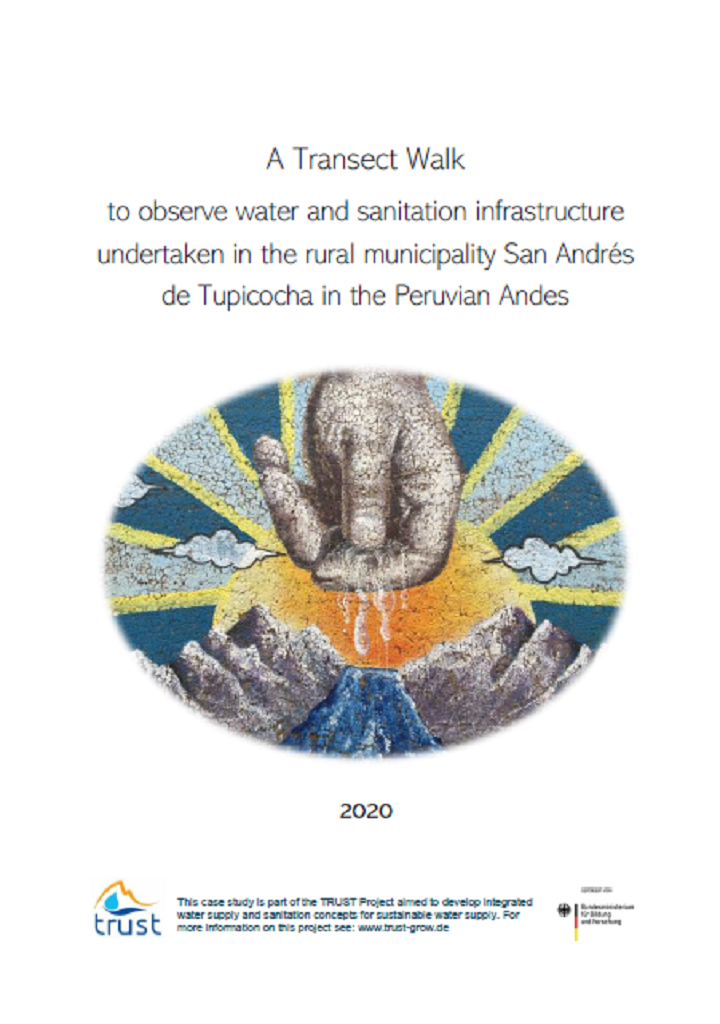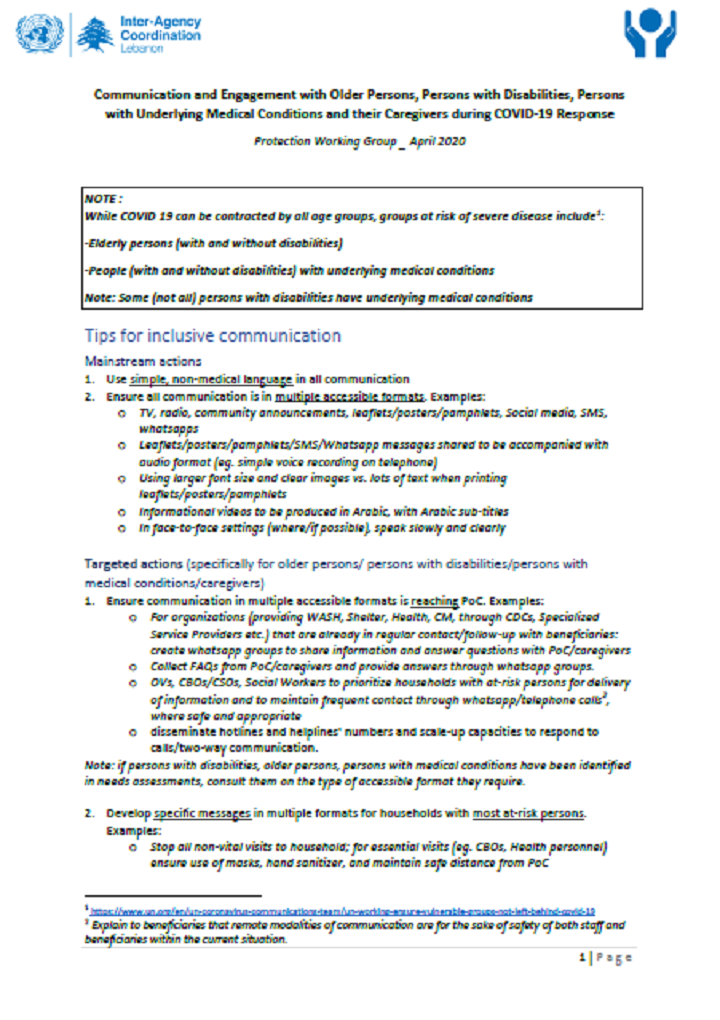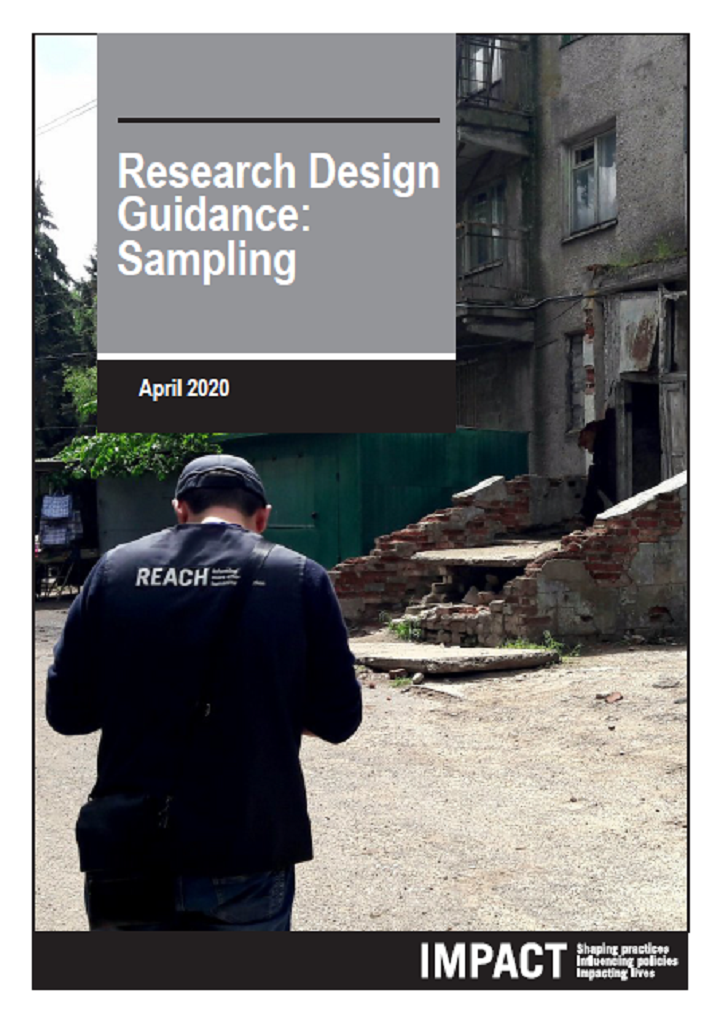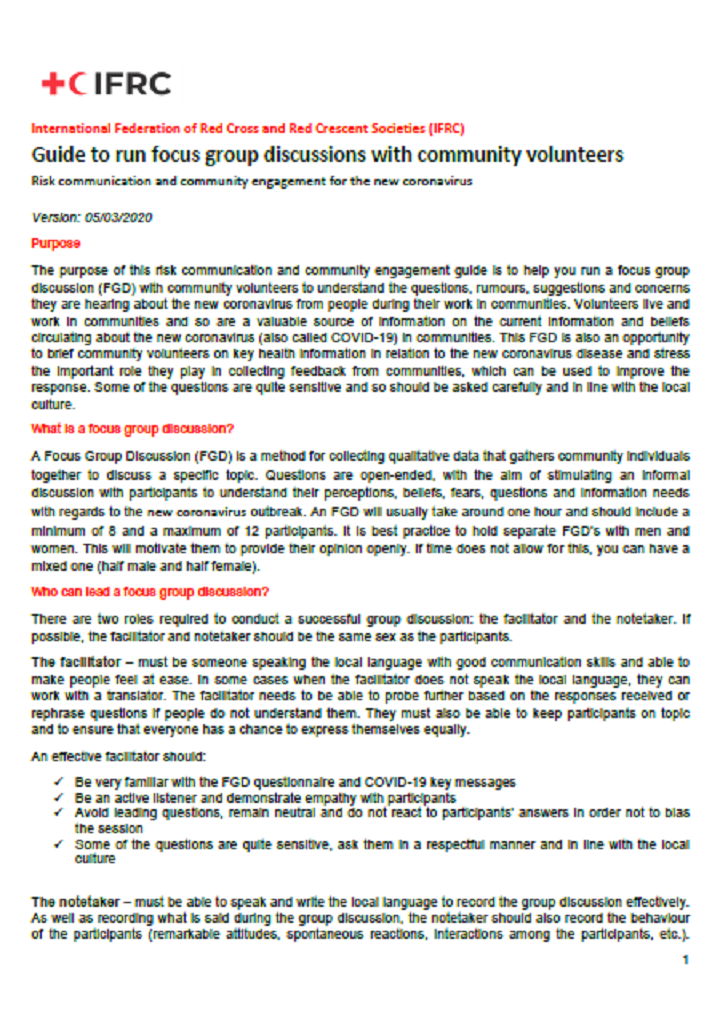Searching for information on Sanitation Workers?
The Sanitation Workers Knowledge + Learning Hub is the best source for all current news, trends, articles and updates on sanitation workers rights around the world.
Fecal sludge (FS) from on-site sanitation systems has to be well composted to reduce its pathogenic risk for reuse in agriculture, forestry or landscaping. Over the last decade, the International Water Management Institute (IWMI) has explored the use of FS in combination with other organic waste sources to optimize the FS treatment and composting or co-composting process for the production of a …
Faecal Sludge Plants (FSPs) require ongoing and appropriate operation and maintenance (O&M) activities in order to ensure long-term functionality. O&M activities are at the interface of the technical, administrative, and institutional frameworks that enable sustained FSPs function. “Operationdz refers to all the activities that are required to ensure that a FSP delivers services as designed, …
This Manual is needed for the technical persons to be trained as Operators and helpers at the FSTP site at Waynad. It contains Technical Guidelines for carrying out the works. A series of manuals are made, Operation and maintenance manual and Operator Instruction manual are the others.
This Health and Safety Rulebook is presented for the use of all employees of the Faecal Sludge Treatment plant …
This competency framework is designed to be a tool for emptying service providers, and the capacity development organizations that work with them, to understand the knowledge, skills, and abilities required to deliver a high-quality service.
This competency framework can be used by:
1. Emptiers and capacity development organizations to structure professional development activities for …
• Prohibition of Employment as Manual Scavengers and their Rehabilitation Act 2013 bans hazardous cleaning of sewer/ septic tanks.
• Definition: Hazardous cleaning by an employee, in relation to a sewer or septic tank, means its manual cleaning by such employee without the employer fulfilling his obligations to provide protective gear and other cleaning devices and ensuring observance of …
This Guidance Document on Equipment & Workforce Norms for Managing Waterborne Sanitation in India
is prepared keeping in view the Safai-mitra Suraksha Challenge, 2021.
All sanitary structures like sewer and septic tanks which manage sewage are susceptible to getting choked at some point of time due to ingress and settling of solids and require regular cleaning or maintenance. Cleaning of sewer …
It is known that eradicating open defecation is only half the battle. For improving sanitation, faecal sludge and wastewater also needs to be safely managed. It is in this context that Government of India, Ministry of Housing and Urban Affairs (MoHUA) issued a National Faecal Sludge and Septage Management (FSSM) Policy3 . It recommends regular desludging of septic tanks through a systematic …
Realizing its commitment to providing universal access to sanitation, the Government of Indonesia aims to shift from open defecation free into safely managed sanitation as the national plan for sanitation is targeting to provide 15% of the population with access to safely managed sanitation. Based on the Statistics Bureau, in 2019, there are 77.44% households that have access to sanitation in …
This report presents an overview of practices related to the use of market support and cash and voucher assistance (CVA) modalities for hygiene in humanitarian crises. These market-based approaches can have a number of advantages, such as improving the efficiency and effectiveness of emergency hygiene response while also supporting the existing local market systems that will continue to deliver …
The brief is focused on hand hygiene. We have long understood the importance of hand hygiene for the reduction of diarrhoeal diseases, respiratory infections, hospital-acquired infections and during outbreaks like cholera and Ebola. Hand washing with soap or alcohol-based hand rub is an effective COVID-19 prevention measure along with physical distancing and appropriate mask use. Despite the many …
Humanitarian needs are extensive and widespread. In order to best respond to the needs of people affected by humanitarian crises, research in humanitarian settings is increasingly recognised as a valuable endeavour which allows for contextually relevant knowledge generation.
Despite widespread appreciation of the value of research conducted in humanitarian settings, the inherent dynamism and …
The UNHCR WASH Monitoring System includes monitoring of refugee schools following the Joint Monitoring Program (JMP) guidelines, model questions and standard indicators. All refugee schools should be surveyed at least once a year. Indicators are tracked on the Refugee WASH in Schools Dashboard.
One of the key programming approaches adopted in UNICEF’s Strategy for WASH (2016-2030) is to build sustainable markets for sanitation goods and services. Market-based sanitation (MBS) is defined as a development approach to improve sanitation in a country by building the sanitation market of goods and services for which the customer makes a full or partial monetary contribution (with savings …
A participatory video by youth from the community of Tumbit Melayu feedback on the water, sanitation and hygiene promotion (WASH) project implemented by the Indonesian Red Cross Society (Palang Merah Indonesia-PMI) with the support of IFRC in the district of Berau, East Kalimantan province.
This short guide to community engagement at a distance is designed to assist development and humanitarian agencies to think through how risk communication and community engagement (RCCE) activities related to COVID-19 can be carried out without face-to-face interaction with communities. It is intended for communities in Bangladesh and was produced by BBC Media Action on behalf of Shongjog …
Indicators are essential to monitor the progress of the Agenda 2030. An indicator summarizes information and helps policy makers to take important decisions regarding the implementation of measures to achieve the Sustainable Development Goals (SDGs). However, this requires data that is not available in many places. In order to fill this data gap, a transect walk with local stakeholders can …
Sampling is the process of selecting units (i.e. a sample) within the wider population of interest, so as to be able to make inferences and estimate characteristics and behaviour of the wider population. Sampling is different from census which is when every single unit within the wider population of interest is covered for the research. A complete census is often not practical or possible in a …
In 2015, after a decade of approaching rural sanitation by subsidizing latrine construction with minimal results, the Government of Senegal launched a new strategy for rural sanitation defined by a transfer of responsibility for the acquisition of sanitation services to communities. This created an opportunity for market-based approaches for increased sanitation outcomes. In line with this …
The purpose of this risk communication and community engagement guide is to help you run a focus group discussion (FGD) with community volunteers to understand the questions, rumours, suggestions and concerns they are hearing about the new coronavirus from people during their work in communities. Volunteers live and work in communities and so are a valuable source of information on the current …

